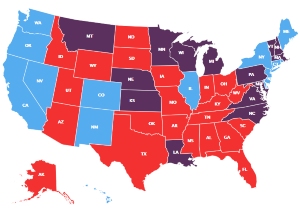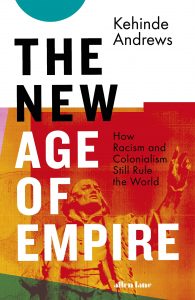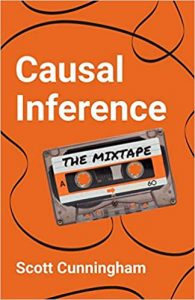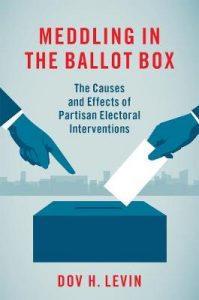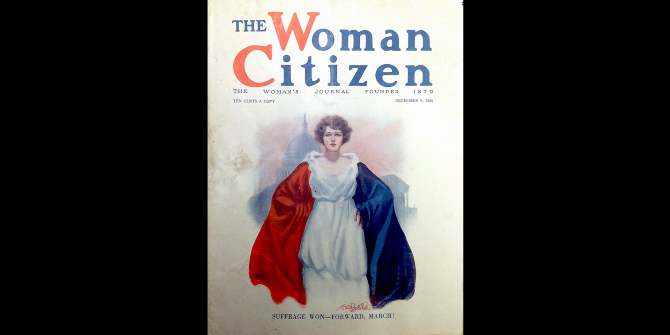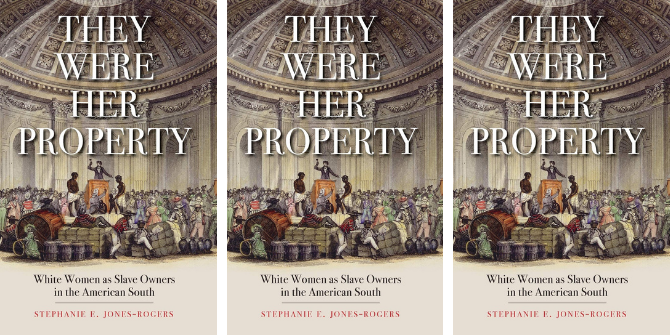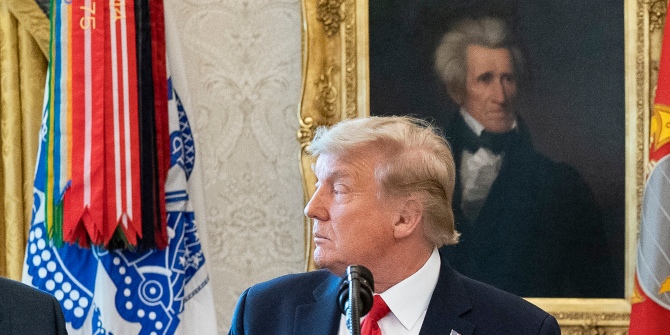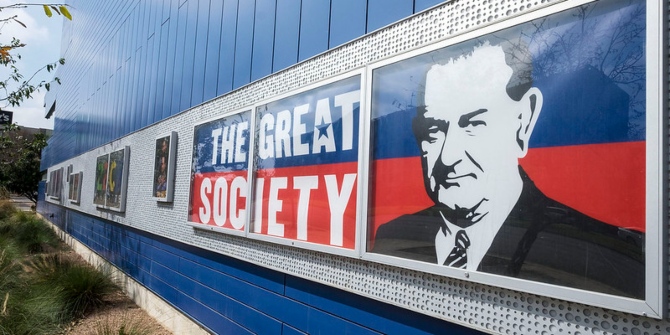People can prefer a policy win for the party they oppose over Congressional gridlock.
Party conflict, gridlock, and dysfunction are common words for describing the US Congress in recent years. In new research, D.J. Flynn and Laurel Harbridge investigate how party conflict— resulting in compromise, victories for one party, or gridlock—shapes public opinion towards Congress. They find that on issues where the parties agree over end goals, gridlock hurts evaluations of Congress even […]



